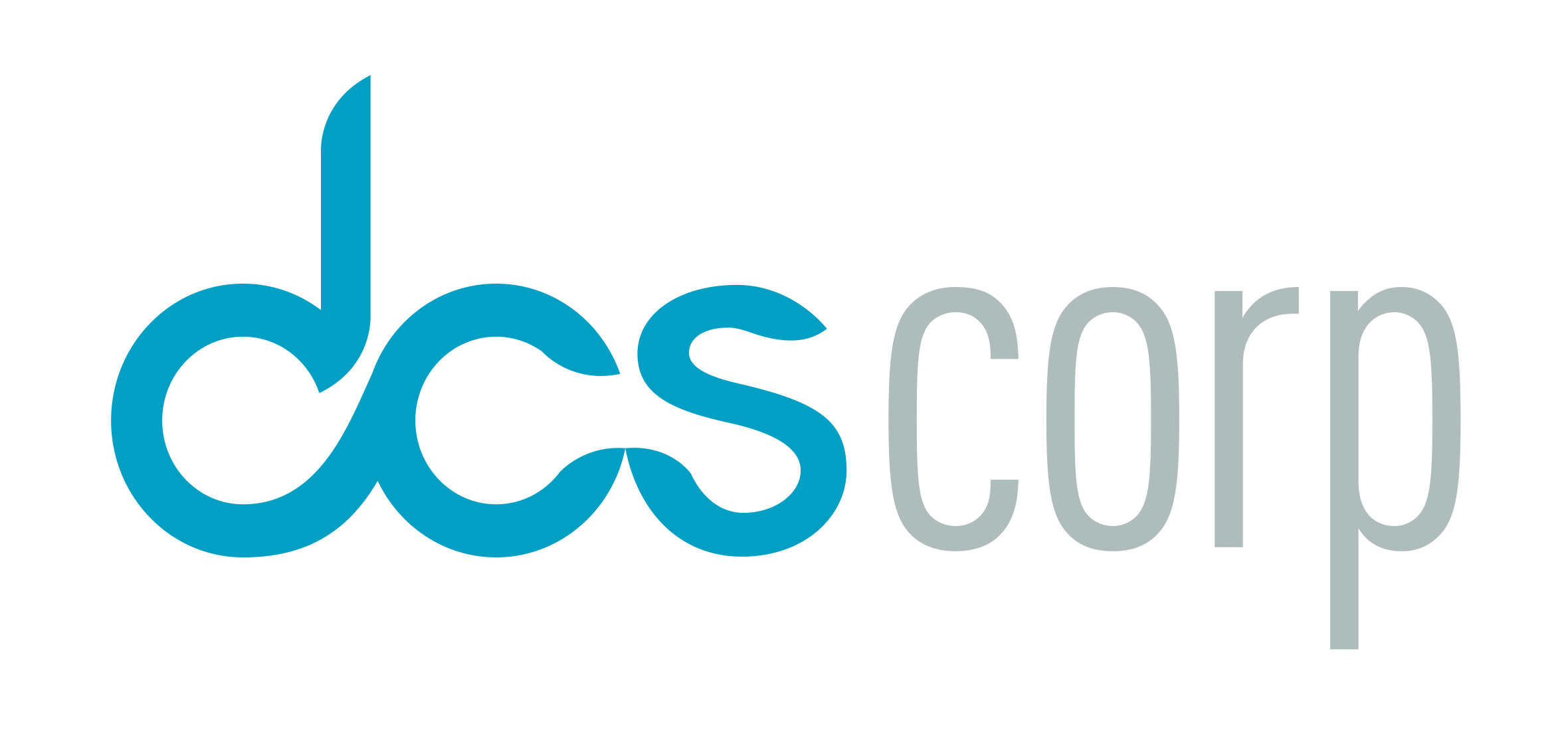Modeling and Simulation
DCS supports Army, Navy, Air Force, and Marine clients examining possible ways to enhance weapons system performance using high fidelity modeling and simulation to evaluate system performance.
- Ground Vehicle Autonomy Simulation
- Immersive Ground Vehicle Simulation
- Target and Scene Generation
- Verification and Validation
- Modeling, Simulation & Analysis (MS&A)
- Studies & Analysis
- Advanced Framework for Simulation Integration and Modeling (AFSIM)
- Scene Generation and Visualization
- Cockpit and UAS Control Simulations
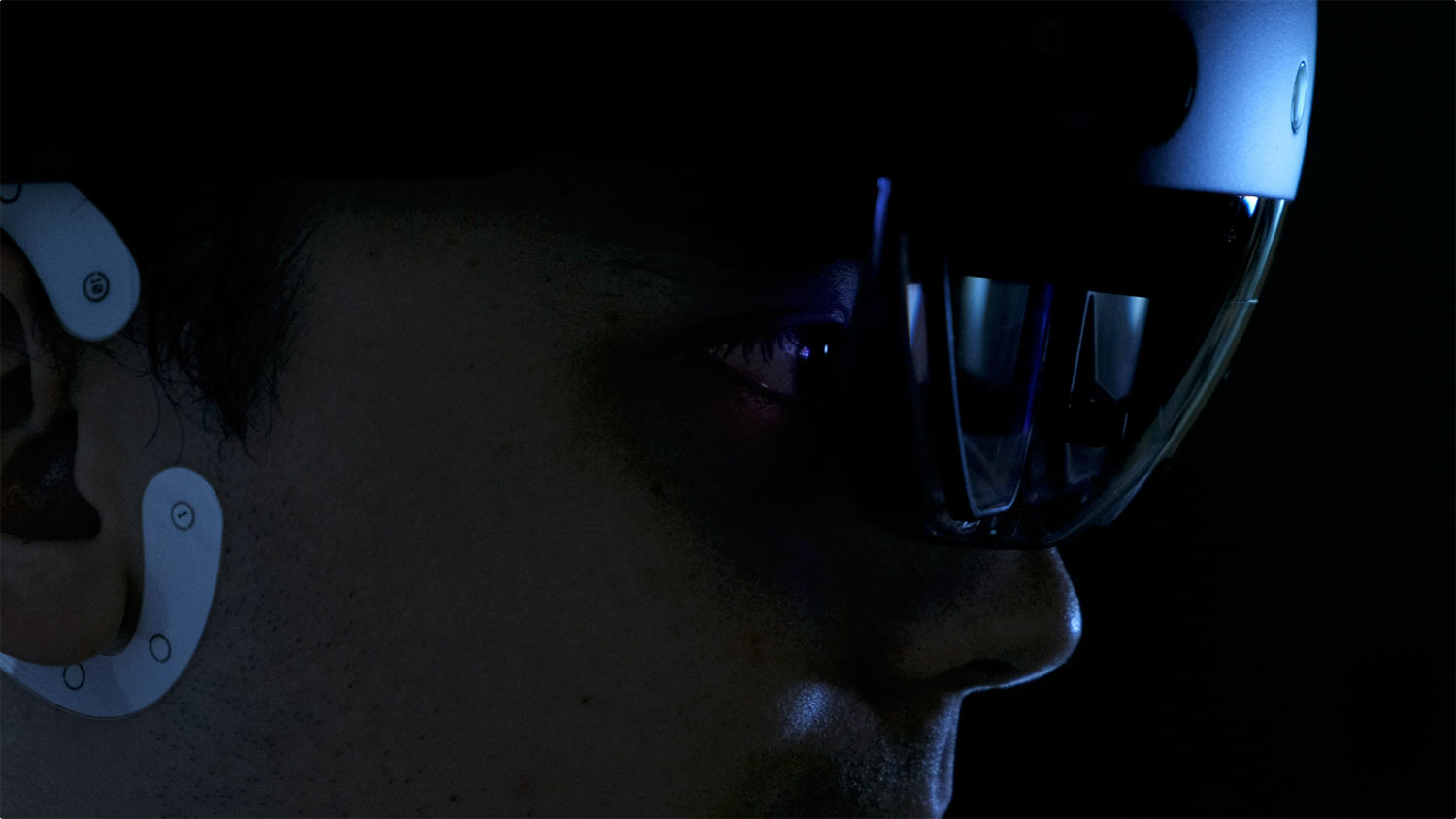
In conjunction with the simulation capabilities for immersive ground vehicle simulation, DCS also develops, in coordination with US Army CCDC GVSC, the Continuous Autonomy Simulation Test Laboratory Environment (CASTLE). The CASTLE environment is established and is being refined to provide capability to augment physical testing and to evaluate edge cases with autonomy hardware or software in the loop. This simulation capability involves the virtual vehicle and environments as in the immersive simulation, and autonomy sensor models that provide realistic inputs to autonomy algorithms.
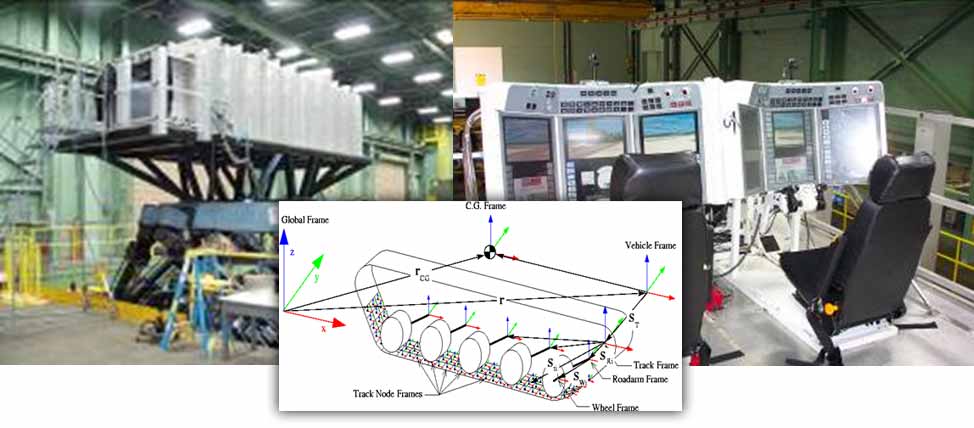
DCS has been developing, integrating, and conducting experiments in immersive ground vehicle simulation environments for close to three decades. DCS has worked with US Army CCDC Ground Vehicle Systems Center to develop and integrate latest image generation HW/SW, virtual terrain models, and combatant / non-combatant simulations, scenario automation tools, manned and unmanned vehicle and sensor / weapon system simulations to support future ground vehicle research in virtual battlefields. In addition, DCS has developed and integrated vehicle multi-body dynamics simulations along with all of the above models and simulations to conduct experiments in 6 DoF motion simulators. Further, DCS has integrated varying degrees of hardware and/or software in the loop environments for system testing and evaluations in the lab or in field.
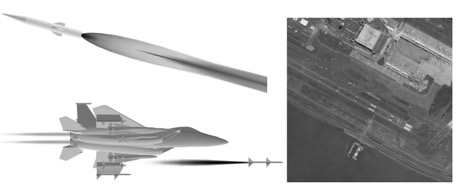
DCS has a long history of target and scene generation in the Air Force Research Lab, both at Wright Patterson Air Force Base (AFB) and Eglin AFB. DCS subsidiary, Infoscitex (IST), developed SubrScene, a widely known battlefield, sensor and “Out the Window” visualization tool. IST also developed ECHO, an open-source terrain construction tool to provide high fidelity terrain databases for analysis. DCS experts in Fast Line of Sight Imagery for Target and Exhaust-plume Signatures (FLITES) perform integrated target/missile system fly out as seen through a seeker’s perspective. We also support the AFRL Scene Generation Team and Kinetic Kill Vehicle Hardware-in-the-Loop Simulator (KHILS) Team that maintains configuration control, distribution, testing, validation, and verification of FLITESv2 on many customer projects, and across the frequency spectrum.
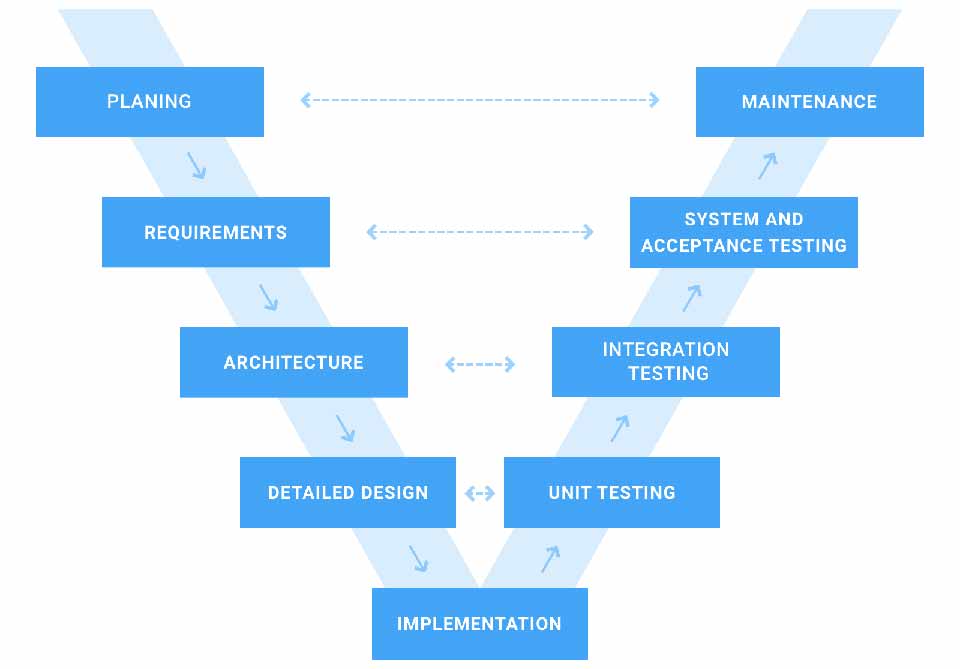 DCS has extensive experience in model verification and validation through our support to various weapons programs, on the ground and in the air. We specialize in model development (e.g. aerodynamic databases and autopilot and/or ground control equipment). For subsonic through hypersonic flight regimes, we plan and conduct aerodynamic and propulsion testing (full-size and subscale wind tunnel testing), ground testing (Hardware-in-the-Loop [HIL]/Software-in-the-Loop [SIL]), and support flight testing. We analyze system performance in the areas of aerodynamics, propulsion, guidance, navigation, and control. As a result, numerous weapons models, used for mission planning, flight certification, airworthiness analysis, and performance specification compliance analyses have been improved and accepted for use by the Air Force, Navy, and other government agencies. As more and more reliance is made on simulations in lieu of open air testing, rigorous V&V efforts save time and money. DCS has been used as a trusted agent for modeling and simulation and V&V of weapons such as small diameter bombs, joint air-to-surface standoff missiles, long range anti-ship missiles, arrows/bolts, joint standoff weapons, high-speed antiradiation missiles, and many others.
DCS has extensive experience in model verification and validation through our support to various weapons programs, on the ground and in the air. We specialize in model development (e.g. aerodynamic databases and autopilot and/or ground control equipment). For subsonic through hypersonic flight regimes, we plan and conduct aerodynamic and propulsion testing (full-size and subscale wind tunnel testing), ground testing (Hardware-in-the-Loop [HIL]/Software-in-the-Loop [SIL]), and support flight testing. We analyze system performance in the areas of aerodynamics, propulsion, guidance, navigation, and control. As a result, numerous weapons models, used for mission planning, flight certification, airworthiness analysis, and performance specification compliance analyses have been improved and accepted for use by the Air Force, Navy, and other government agencies. As more and more reliance is made on simulations in lieu of open air testing, rigorous V&V efforts save time and money. DCS has been used as a trusted agent for modeling and simulation and V&V of weapons such as small diameter bombs, joint air-to-surface standoff missiles, long range anti-ship missiles, arrows/bolts, joint standoff weapons, high-speed antiradiation missiles, and many others.
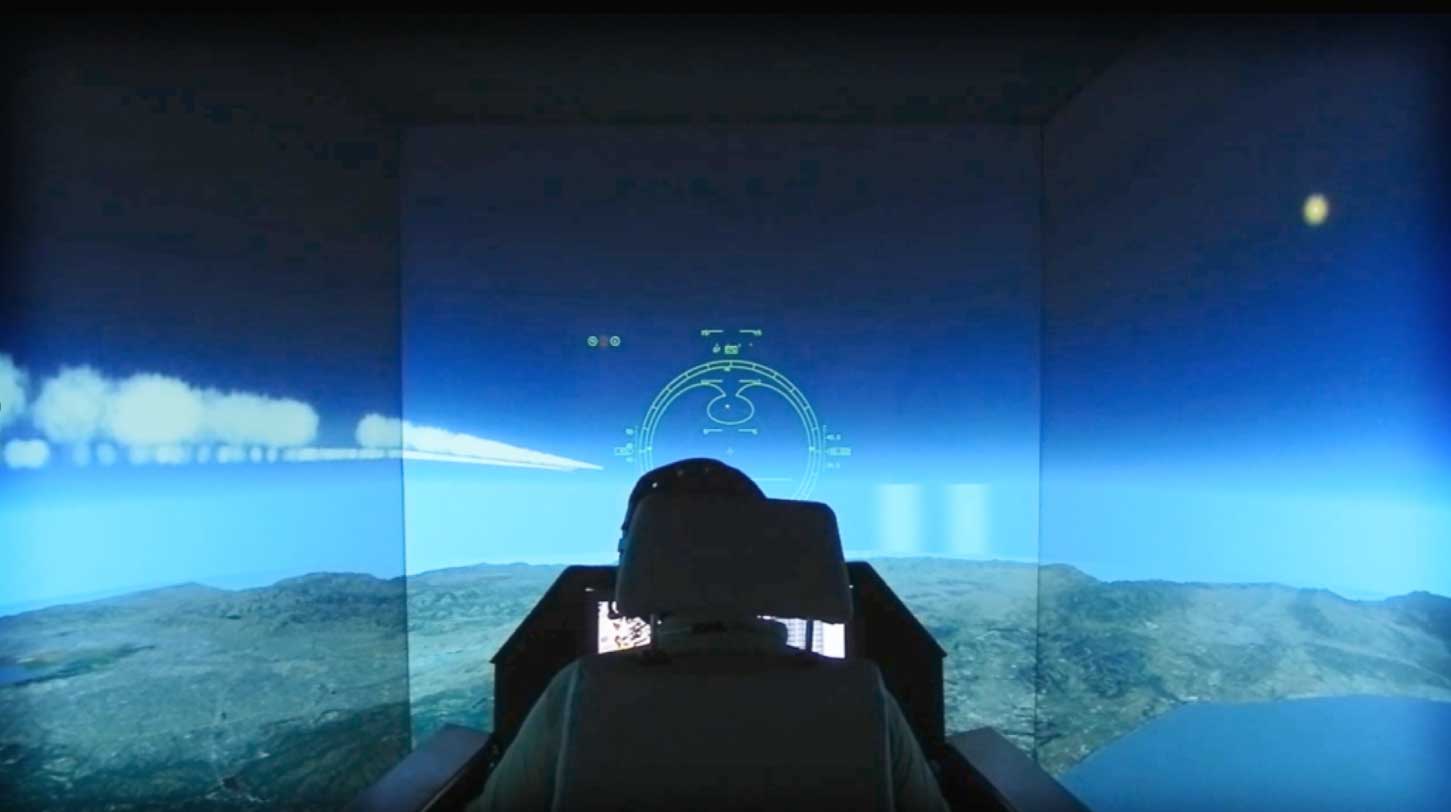 DCS specializes in State of the Art M&S-based technology development, technology assessment and analysis. DCS is the prime contractor for the Air Vehicles Technology Assessment and Simulation (AVTAS) Lab and Crew Systems Integration Lab (CSIL) providing comprehensive MS&A for AFRL.
DCS specializes in State of the Art M&S-based technology development, technology assessment and analysis. DCS is the prime contractor for the Air Vehicles Technology Assessment and Simulation (AVTAS) Lab and Crew Systems Integration Lab (CSIL) providing comprehensive MS&A for AFRL.
DCS has over two decades of experience performing weapon systems effectiveness analysis using a simulation-based research and development approach. We formulate trade space problems, conduct design of experiments and use the latest data analysis techniques to answer challenging operations research questions. We use a variety of campaign, mission, engagement, and engineering level tools. We employ constructive, virtual, and live simulation approaches to conduct these evaluations. We are experts in building suitable system/subsystem models, constructing relevant, multi-domain environments, and running experiments of complex scenarios.
In support of Air Force Research Laboratory, DCS is a principal contributor to the Advanced Framework for Simulation, Integration and Modeling (AFSIM) code base, integrating capability updates from the user community, developing tools, and managing software distribution. We developed and support critical AFSIM support tools for scenario generation (Wizard) and interactive analyses (Warlock), distributed with the code base. We support the AFSIM helpdesk function and provide AFSIM user and developer training.
To facilitate these efforts, we provide end-to-end Simulation-based R&D to include:
-
-
- Constructive, virtual, & hardware-in-the-loop (HWIL) mission simulation
- Cockpit & UAS control station simulations
- Constructive engagement and engineering simulation
- Campaign simulation
- Distributed mission simulation
- Experimental design, Design of Experiments (DOE), and statistical analysis
- Model management and distribution
- DCS performs autonomy and cooperative control algorithm development and evaluation, R&D of architecture, tools, and autonomy initiatives to enhance operator performance with pilot decision aids and controlling multiple remotely piloted vehicles
-
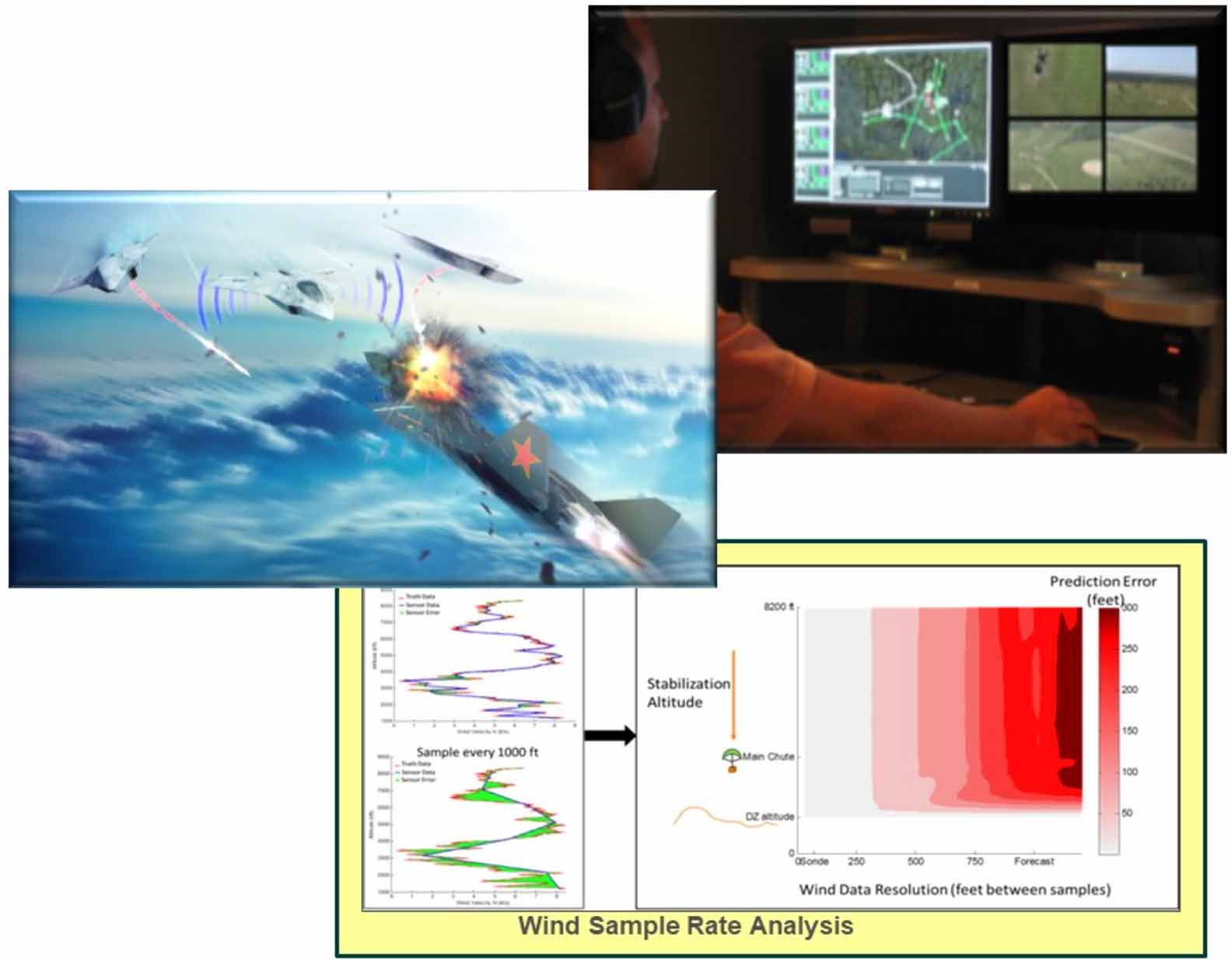 Our DCS personnel have extensive expertise in Studies and Analysis to include cost benefit systems effectiveness analysis, technology advancement and maturation, requirements analyses for DoD systems. Our DCS Subject Matter Experts (SMEs) include acquisition experts, scientists and technologists, cost analysts, operations research analysts, human factors engineers, statisticians, intelligent analysts, technical report writers, mission planners and weapon system operators (of both manned and unmanned aircraft). For the past 20 years, DCS has employed its’ modeling and simulation expertise along with knowledge of database management and spreadsheet operations at engineer, engagement, mission, operational, and campaign levels of warfare to perform studies and analysis for Senior Military decision makers. Our company has assisted in the development and approval of combat scenarios, small mission vignettes, and case studies to support the various studies with emphases on initial operating capabilities (IOC) fielding dates using the most applicable of current and future threat assessments from our liaisons with these technical resource centers.
Our DCS personnel have extensive expertise in Studies and Analysis to include cost benefit systems effectiveness analysis, technology advancement and maturation, requirements analyses for DoD systems. Our DCS Subject Matter Experts (SMEs) include acquisition experts, scientists and technologists, cost analysts, operations research analysts, human factors engineers, statisticians, intelligent analysts, technical report writers, mission planners and weapon system operators (of both manned and unmanned aircraft). For the past 20 years, DCS has employed its’ modeling and simulation expertise along with knowledge of database management and spreadsheet operations at engineer, engagement, mission, operational, and campaign levels of warfare to perform studies and analysis for Senior Military decision makers. Our company has assisted in the development and approval of combat scenarios, small mission vignettes, and case studies to support the various studies with emphases on initial operating capabilities (IOC) fielding dates using the most applicable of current and future threat assessments from our liaisons with these technical resource centers.
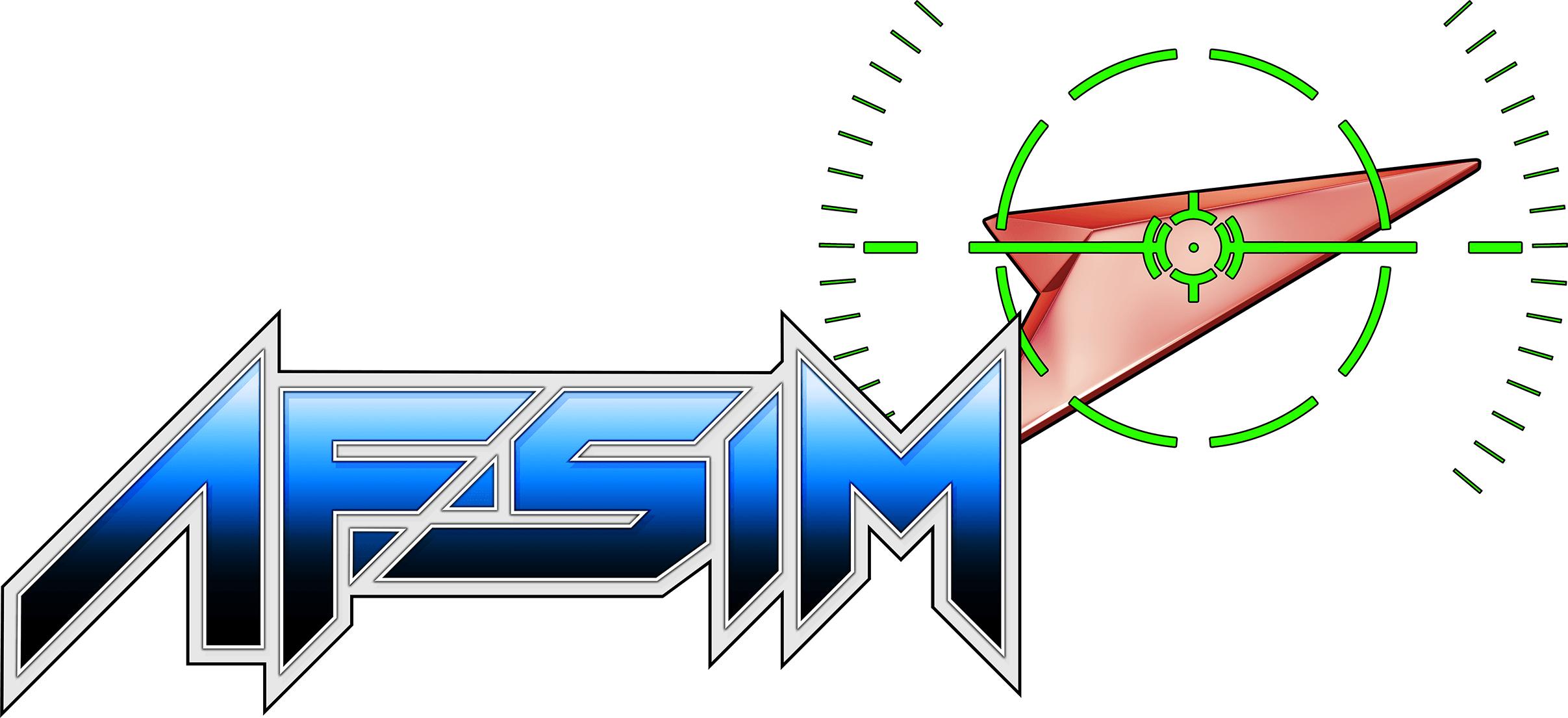
- The Advanced Framework for Simulation, Integration, and Modeling (AFSIM) is a government-owned C++ simulation framework for use in developing engineering, engagement, and mission-level analytic simulations to meet the needs of the operations analysis community.
- As an M&S framework, AFSIM has the flexibility to quickly integrate external models to realistically represent advanced technologies and to enable the rapid composition of multi-domain, multi-fidelity scenarios by leveraging its javascript like scripting language
- Its component based architecture enables modularity for scenario platforms and their components and may be employed for both constructive analysis and virtual experimentation.
- DCS is the AFSIM Master Integrator for AFRL with the original developers and maintainers of core AFSIM source code. All AFRL-sponsored AFSIM development and maintenance is managed and executed by our Agile development team. Our analysts are conducting AFSIM-based virtual, constructive mission, interactive wargaming, and engagement level analysis.
Tap or Click to Learn More>
DCS is a premier provider of man-in-the-loop virtual simulation environments with integrated real world flight software. Additional fidelity is often required with virtual simulation for cockpits, UAS operator stations, or other manned systems to represent weapons system concepts in a realistic and representative manner in order to maintain credibility with real-world operators. The development of simulations to support rapid model integration is characterized by features in our simulations such as the plug-in capability in AFSIM. In response to these diverse simulation needs DCS is the prime author and model developers for scene generation and out-the-window visualization to include such tools as Subrscene (scene generation for out-the-window simulation (OTW)), Echo (terrain generation software), Virtual Battlespace Management System (VBMS) (stealth viewer and data collection), and PLATO (a software framework for autonomy services

DCS routinely integrates autopilot algorithms for air vehicles as an element of cockpit and UAS control station simulators. Those simulations include AFRL’s Octonians (Eight channel glass cockpit for fighter simulation), Tritons (Three channel glass cockpits for manned/unmanned teaming analysis), ICE Box (UAS control station research testbed).and MCCS (multi-seat cockpit simulation for mobility, bomber, and other multi-station cockpits). Our most recent example is the simulation software called TECUMSA for manned / unmanned teaming research for AMRDEC under the SUMMIT contract. DCS talented personnel integrated the UAXS software that provides the autopilot algorithms for the UAS platforms in the simulation. In addition we’ve developed tools to automate the generation of autopilots to control the flight of the AFSIM Pseudo 6DOF aero model. This enables the rapid generation of autopilots for new and existing aero models by recent aerospace engineers and analysts with minimal experience.
Contact Us
6909 Metro Park Drive, Suite 500
Alexandria VA 22310
P: 571-227-6000
info@dcscorp.com
Join Our Team
DCS has amazing, talented, and
technology-savvy people. We're growing
continuously and sustainably.
Check out our DCS Careers
© 2025 DCS Corporation, All Rights Reserved
Site Map
